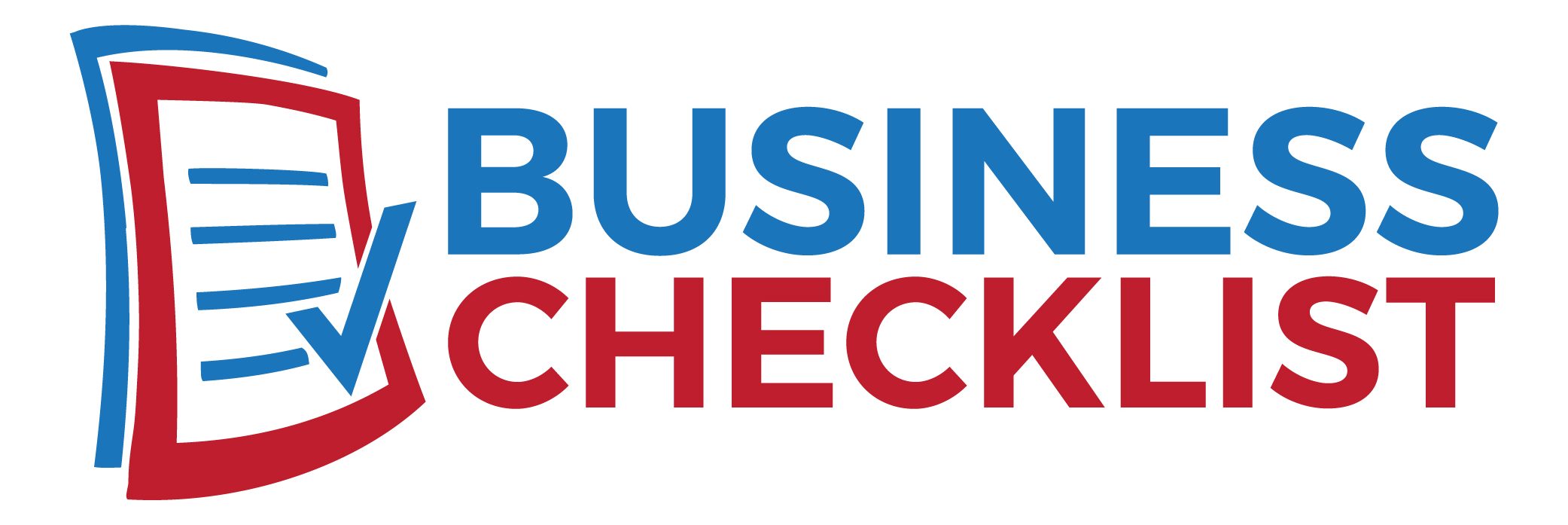
Bitcoin and other cryptocurrencies use a decentralized ledger known as a blockchain to store and record transactions. Computers across the network, known as “nodes,” share this ledger so that every transaction record exists in countless places across the globe. This distributed system differs from traditional currencies, which were typically organized around a central bank or other financial entity, with transactions. That was one of the things Bitcoin was intended to solve.
Central stores of financial records are vulnerable to hacking and alteration, which can lead to tremendous losses. By spreading records across the nodes of the network, Bitcoin and other cryptocurrencies prevent their transactions from being falsified, and by encrypting them, it prevents people from hacking in to steal personal information.
Why Manufacturing Needs Blockchain
This previously unparalleled level of security has attracted the attention of other industries seeking to address vulnerabilities and inefficiencies in their own operations. One of these is manufacturing. Since industrialization, the scale and complexity of manufacturing has risen exponentially. The supply chain management systems that worked for early factories and businesses are ill-equipped to handle the demands of massive multinational corporations with millions of consumers. At the same time, smaller companies have trouble with their own supply chains, lacking the computation power and staff of mega-corps.
Industry leaders understand that supply chain management needs to be adaptive, scalable, quick, and efficient to work. But the systems they use to do things like confirm deliveries and verify purchases are none of these things. That’s where blockchain comes in.
1. Regulating and Verifying Data From IoT Devices
Blockchain’s distributed ledgers are a godsend for an industry that far too often relies on outdated tech like fax machines to do business. Many manufacturers have started to incorporate IoT (Internet of Things) devices, web-enabled objects that connect to the Internet to stream out data about physical processes. By linking these devices to a distributed blockchain, manufacturers can ensure that the processes are occurring properly, and prevent people from altering the data for fraudulent purposes.
2. Tracking Shipping
One of the more tedious and inefficient parts of manufacturing is keeping track of shipments, whether they’re materials inbound to factories or products going out to retail outlets or consumers. While there have been some advancements in tracking systems in recent years, it’s still a process that requires a ton of time and manpower, partially because of the large scale of operations.
IBM has demonstrated that a blockchain can dramatically improve the process, reducing the amount of paperwork and time required to keep track of shipments large and small. And the distributed nature of blockchain can keep everyone involved in the supply chain in the loop. As each part of the process is completed, it will be verified in the blockchain, so all the necessary parties can check on the progress.
3. Confirming Ethical & Legitimate Production
Many consumer products go through a lot of stages before making it to market. A growing number of people are expressing their commitment to social and environmental causes through purchasing products that are marketed as “ethically produced” or “fair trade,” but the market for these products has attracted unscrupulous manufacturers looking to cut corners.
Project Provenance is a startup that plans to give every product a unique code and use this to track it through the production process, with a blockchain registering every step. This is so that buyers can ensure the things they’re purchasing are created the way they’re supposed to be created. The blockchain can also be used for products that are often faked, to verify authenticity.
Manufacturing is just one of many industries that are being revolutionized by blockchain technology. Expect to see blockchain implemented soon in elections, advertising, and other businesses as well.

